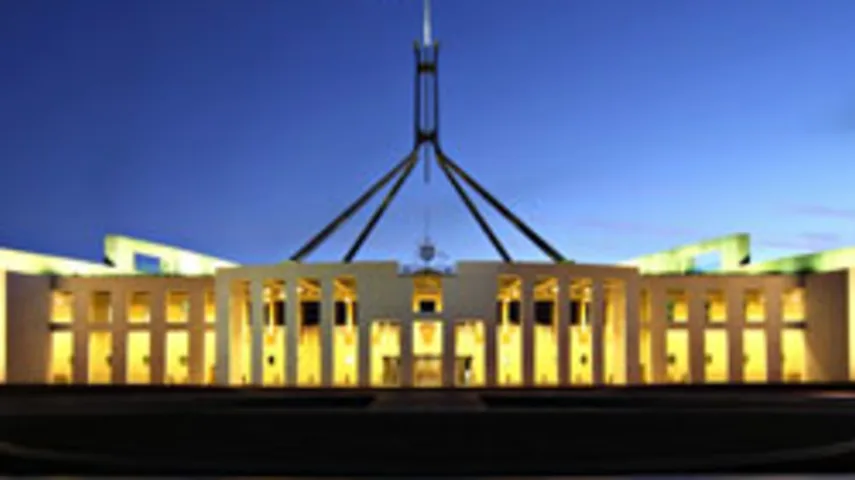‘Ugly’ conversation about Australian future needed before Budget, says Deloitte



Both sides of Government are avoiding the ‘ugly' public debate surrounding hard decisions about public spending and taxes, according to Deloitte Access Economics.
Deloitte said the Government had a number of options at its disposal to plug the $12 million tax shortfall it announced yesterday but they involved cutting spending or increasing taxes — not a discussion either side wanted to have before the election.
Labor was still talking about spending on schools and disability insurance, while the Coalition planned to roll back the carbon and mining taxes, it said.
"So both sides are still talking about extra costs to be loaded on a budget that is yet to make up a $12 billion shortfall," said Deloitte.
‘Profit-related' taxes represented the three big shortfalls when compared to Treasury's earlier forecast. These were company tax, resources rent taxes and ‘other individual taxes' according to Deloitte.
The Australia Bureau of Statistics (ABS) found that company profits before tax fell 17 per cent over 2012 due to the high Australian dollar and falling prices for coal and iron ore.
Deloitte said filling the national budget gap would require some difficult choices.
If the shortfall was filled by spending, funding could be cut to the states for health care, aged care homes, community care and veterans care. The Government could choose to cut all Medicare payments by two thirds, or do away with aged or disability pensions which could make up the shortfall.
If the shortfall was filled by increasing taxes, Government could choose to extend capital gains tax to the family home, extend the 45 per cent income tax range to people earning above $65,000 (rather than $180,000) or tax all super contributions at marginal tax rates.
Deloitte said it expected the Budget to target corporates and the resources industry, but those measures would be but a dent in the work that needed to be done.
It called on the industry to join its budget conversation.
Recommended for you
Superannuation associations are in regular discussion with the Financial Advice Association Australia on the progression of the Delivering Better Financial Outcomes legislation with the second tranche of reforms focused on super.
The Financial Services Council has urged the government to reform the Compensation Scheme of Last Resort amid rising levy projections.
The super fund has launched Retirement Manager, a digital advice tool helping members plan income, spending, and retirement confidence with integrated support.
APRA has warned retail super trustees that financial adviser involvement in recommending platform products does not diminish their obligations, as regulators turned the spotlight on the Shield Master Fund and First Guardian Master Fund during a meeting with fund CEOs.










